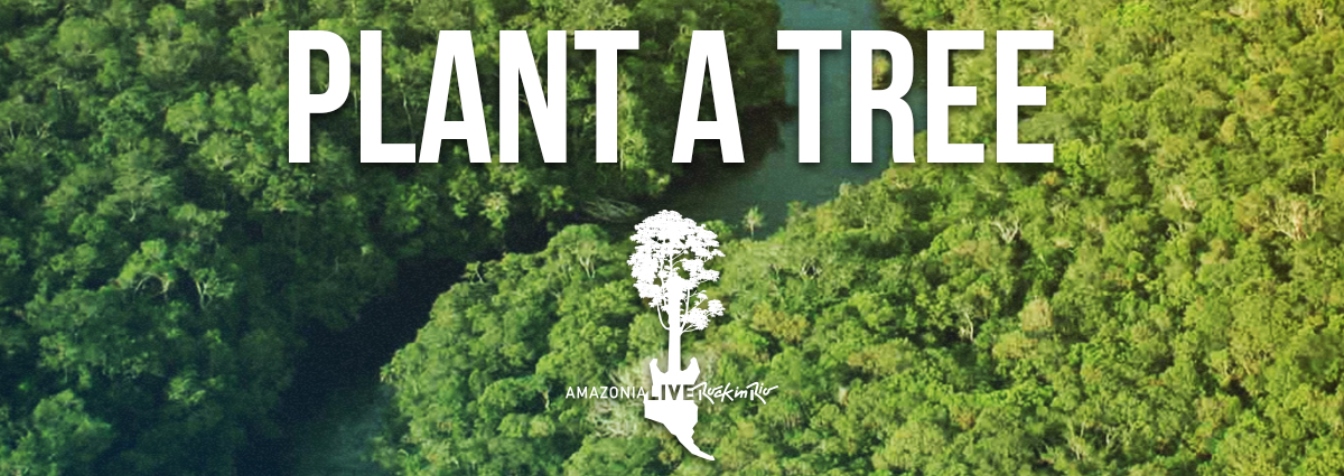
In 2001, Rock in Rio created a social project named “For a Better World,” which purpose was primarily focused in social projects. It is now also supporting environmental projects, focusing on minimizing the Festival’s negative impacts and enhancing the positive ones through natural, social, and financial resources.
Rock in Rio invested over 31 million dollars in different activities: building up and refurbishing school for less fortunate teenagers, investing on equipment; planting trees in burnt areas in Portugal and in the US; compensating carbon footprint; developing campaigns related to waste recycling and water consume; among others.
For the upcoming editions, Rock in Rio decided to embrace the reforesting project over the margins of the Xingu River in the Amazon, not only by planting trees, but also by bringing up hope to those who live there. Our goal is to plant over 1 million trees, but we are aiming on increasing this number to 3 million, counting on the support of our partners, fans, and artists.
The World Bank has already donated 1 million trees as an endorsement to the importance of this project to the planet.
In addition, this project generates an enormous social benefit and financial wise, by contributing to the quality of water and climate global balance. Above all, Rock in Rio’s goal is to leave a legacy to world’s population.
Due to our partnership with FUNBIO (Brazilian Biodiversity Fund) and Instituto Sócio Ambiental (Social Environmental Institute), the planting of trees will be made using the muvuca technique, ensuring the continuity of the Amazon species, contributing therefore to the biodiversity.
In order to kick off the Project in the best way possible, Rock in Rio will produce a concert in August 27, 2016. Plácido Domingo and an orchestra will perform on a floating stage over the Negro River for 200 guests. The planting of trees will then start in October 2016.
Considering the above, Rock in Rio will launch a massive campaign. The purpose is not only the planting of trees and its social and economic impacts, but mainly to instigate a change on people’s behavior, encouraging the adoption of positive daily practices. That will be highlighted in all our communication channels contributing to the climate change combat.



